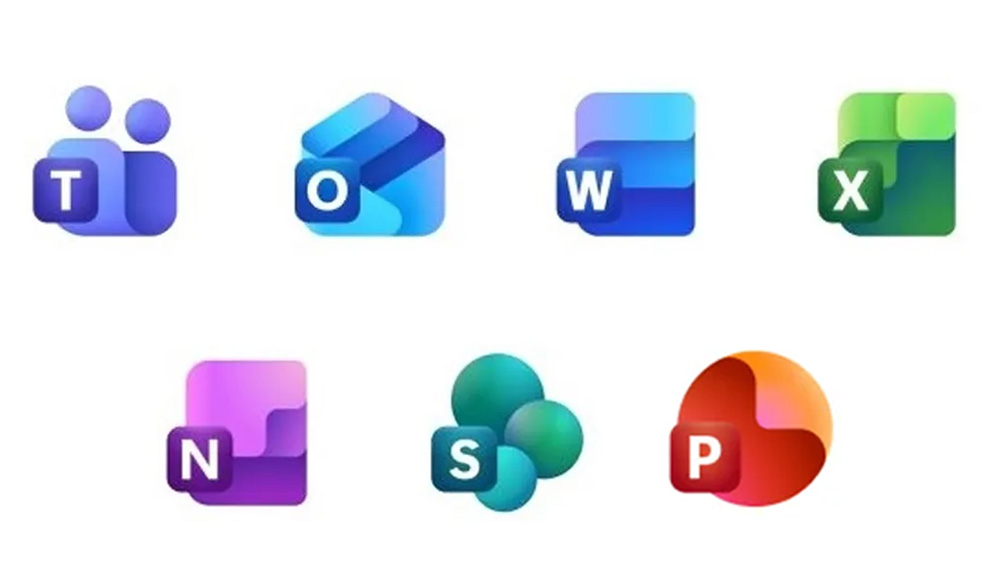OpenAI Countersues Elon Musk Amid Ongoing Feud Over AI Future

In a recent turn of events that highlights the ongoing tensions in the artificial intelligence sector, OpenAI, the creator of the popular ChatGPT, has initiated a countersuit against tech billionaire Elon Musk. This move comes as part of a broader legal struggle that has captivated the attention of industry watchers and stock investors alike, particularly following a list we published detailing 14 AI stocks that have garnered Wall Street's attention. In this context, we will further explore where Alphabet Inc. (NASDAQ:GOOG) stands in comparison to these rising AI stocks.
The legal conflict ignited when OpenAI accused Musk of engaging in a systematic campaign of harassment aimed at undermining the company's operations. According to OpenAI's filings, Musk has employed a variety of tactics, which the company describes as bad-faith, in an attempt to exert control over its strategic direction and impede its business growth. OpenAI is seeking a court order to prevent Musk from engaging in any further actions they deem unlawful and unfair as they navigate the complexities of their corporate structure and future development plans.
Musk has publicly voiced his concerns regarding OpenAIs shift toward a for-profit model, which he argues could divert the company's focus from its original mission of enhancing human welfare. He has been especially vocal in warning that prioritizing profits over ethical considerations may lead to detrimental outcomes in the rapidly evolving AI landscape. This transition is critical for OpenAI, as it aims to complete its fundraising round, which could potentially raise $40 billion if successful. However, failure to finalize the transition by the end of this year may drastically reduce this funding to approximately $20 billion.
OpenAI's accusations against Musk paint a picture of a relentless adversary, suggesting that he has utilized various meansincluding social media attacks targeted at his vast following of over 200 millionto destabilize the organization. The legal documents allege that Musk's methods include press campaigns, harassing legal claims, and what OpenAI has termed a sham bid for its assets.
In response to these claims, Musk's legal representatives have pointed to a non-binding $97.4 billion takeover bid that was proposed by a consortium led by Musk himself. This bid was summarily rejected by OpenAIs board, which Musk's team argues signifies a refusal to engage earnestly with serious offers. They contend that had the board properly considered this bid, they would have recognized its legitimacy and the potential it held for both parties.
This ongoing saga not only illuminates the fractious relationship between Musk and OpenAI but also raises significant questions about the future landscape of AI development and the ethical considerations that should guide it. As the tech community watches closely, the implications of this dispute are likely to resonate far beyond the courtroom and into the broader discourse surrounding artificial intelligence and its role in society.
For investors keen on tracking the AI market, we have conducted a thorough analysis of AI stocks by reviewing news articles, stock analyses, and press releases. Notably, these stocks are gaining traction among hedge funds, with relevant data available as of the fourth quarter of 2024.
As this situation continues to develop, stakeholders across the tech and finance sectors are advised to stay informed about potential shifts in the AI landscape, as the outcomes of legal battles such as this one could set significant precedents for the industry.























